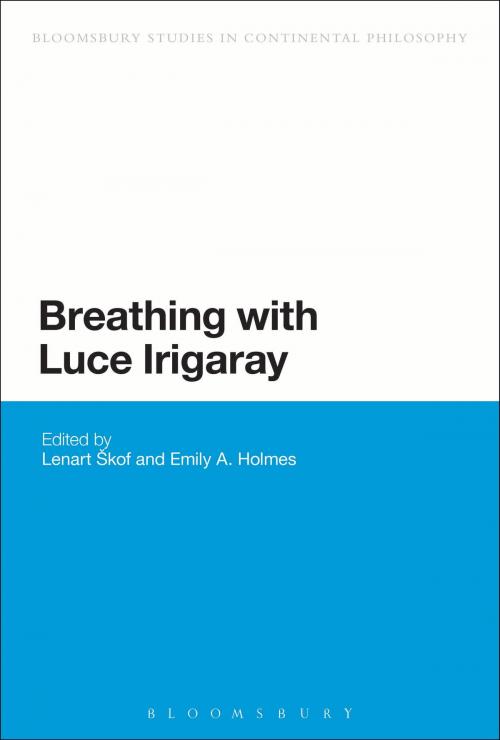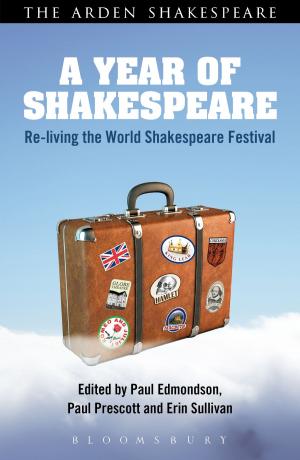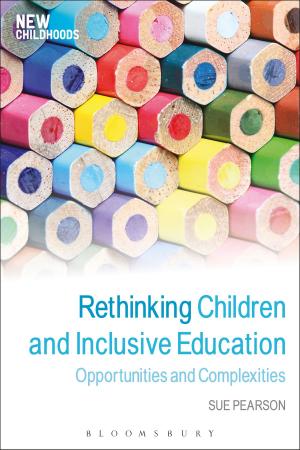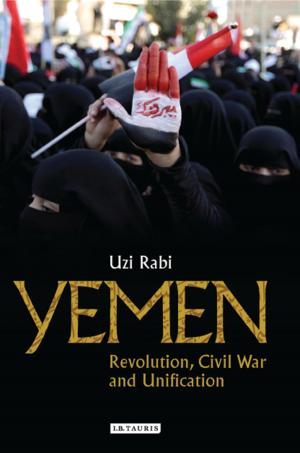| Author: | ISBN: | 9781441126603 | |
| Publisher: | Bloomsbury Publishing | Publication: | August 15, 2013 |
| Imprint: | Bloomsbury Academic | Language: | English |
| Author: | |
| ISBN: | 9781441126603 |
| Publisher: | Bloomsbury Publishing |
| Publication: | August 15, 2013 |
| Imprint: | Bloomsbury Academic |
| Language: | English |
Contributors to this volume consider the implications of 'the Age of Breath': a spiritual shift in human awareness to the needs of the other figured through breathing. Awareness of the breath allows us to attend to our bodies and the bodies of others, to animals, nature, other cultures, oppressed minorities, and the other of sexual difference. As a way to connect body and spirit, self and other, nature and culture, and East and West, breathing emerges as the significant theological and philosophical gesture of our time.
Philosophy has too often cut off metaphysical thought from this living, breathing world with its animal and female bodies, just as religious traditions have repressed the breathing flesh in favour of calcified word. The re-introduction of breath into philosophy and theology draws our awareness back to the body, to respect for the other, and to nature, making awareness of the breath essential for an embodied ethics of difference in our globalized, ecological age. These themes are addressed by an international team of scholars, including Luce Irigaray.
Contributors to this volume consider the implications of 'the Age of Breath': a spiritual shift in human awareness to the needs of the other figured through breathing. Awareness of the breath allows us to attend to our bodies and the bodies of others, to animals, nature, other cultures, oppressed minorities, and the other of sexual difference. As a way to connect body and spirit, self and other, nature and culture, and East and West, breathing emerges as the significant theological and philosophical gesture of our time.
Philosophy has too often cut off metaphysical thought from this living, breathing world with its animal and female bodies, just as religious traditions have repressed the breathing flesh in favour of calcified word. The re-introduction of breath into philosophy and theology draws our awareness back to the body, to respect for the other, and to nature, making awareness of the breath essential for an embodied ethics of difference in our globalized, ecological age. These themes are addressed by an international team of scholars, including Luce Irigaray.















